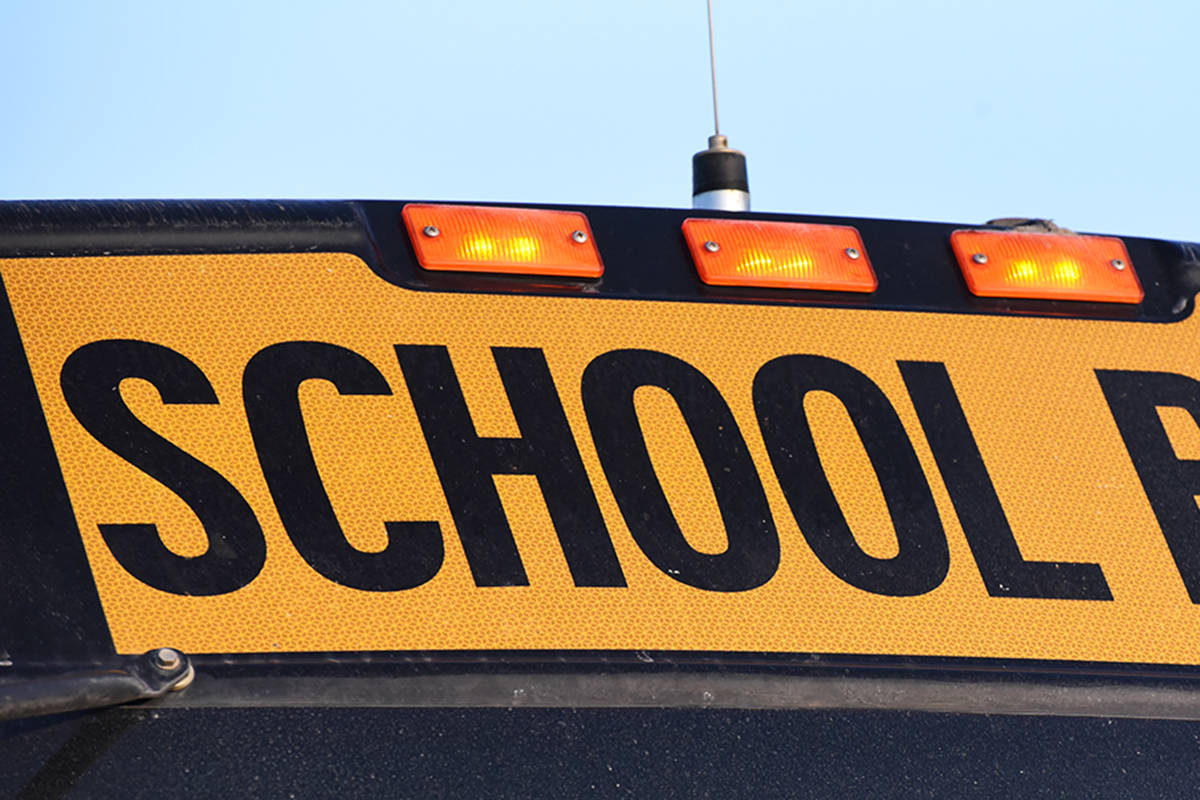A recent nationwide assessment found the annual reports released by Alaska Department of Education & Early Development could use some work.
However, a department spokesperson says internal discussions of improvements are constant and some of the criticisms in an assessment done and shared by the Data Quality Campaign, a nonprofit that advocates for better public education data, are outdated or wrong.
“I do feel that their report has several inaccuracies,” said Erin Hardin, information officer for the department.
Every year, “state report cards” for public schools and districts are released by states per federal requirements. The reports include information about attendance, demographics, graduation rates and standardized testing performances. The national assessment found Alaska’s report cards were out of date, weren’t offered in any language except for English and lacked data on academic growth.
Jennifer Bell-Ellwanger, president and CEO of the Data Quality Campaign, said during a call with media representatives Tuesday the assessment was put together by examining both an elementary and high school-level state report card from each state.
The school report card reviews were conducted in January of 2019, according to the Data Quality Campaign website.
“We looked for what parents and communities could reasonably find,” Bell-Ellwanger said. “This isn’t a compliance check. It’s about making this critical information easy to find in one place.”
Two common criticisms Bell-Ellwanger and others on the call leveled at state report cards included a lack of non-English reports, convoluted language and being difficult to navigate.
Hardin said diversifying the languages in which reports are offered is a goal every state department should have and making the reports both easier to navigate and understand is a priority.
She also pointed out some steps that were taken this year to improve those aspects of the reports.
New web design elements such as circular information icons that define terms when hovered over by a cursor, and labeled tabs at the side of the screen are intended to help make the state report cards easier to understand and navigate, Hardin said.
The assessment found that many states, including Alaska, do not offer the state report cards as downloadable PDF files.
However, Hardin said there are single-page reports that are downloadable, but not linked to in the state report cards.
She said making it easier to find such reports in one place is a goal for DEED, and there are ongoing talks about streamlining website navigation.
“We’re definitely having discussions internally to make a webpage that’s more of a dashboard function,” Hardin said. “Those are conversations we’re having internally, how can we improve.”
What do state report cards tell schools?
State report cards don’t show the school district much that affects day-to-day operations, said Ted Wilson, director of teaching and learning support for City and Borough of Juneau School District.
The district reports the data that’s presented and generally has more detailed internal information, Wilson said.
“The individual student data that we get for our own assessments is what we use for designing the day-to-day for the individual student,” Wilson said in an interview with the Juneau Empire. “It has its role, and it’s a good yard stick, but day to day we have a lot of internal things we use for that.”
However, he said since the reports are done throughout the state, it does allow the district to compare itself to other districts or state averages, check its internal data and potentially track year-over-year trends.
“We can check against how we’re doing compared to the previous year, the previous few years,” Wilson said. “We can see how we’re doing compared to the state. Every once in a while you do want to look up and see where are we compared to everyone else.”
Tracking progress using state report cards can be slightly complicated in Alaska.
Standardized testing data for the past five years is incomplete because of technical issues that prevented tests from being taken in 2016. Results are also difficult to compare year over year because of changing test types.
“The fact that we are on our third state assessment in five years is definitely challenging. It’s one of the reasons we’re so glad we have a local assessment (Northwest Evaluation Association Measures of Academic Progress assessment) that we have a lot of history with,” Wilson said. “PEAKS (Performance Evaluation for Alaska’s Schools), the state assessment being brand new, it’s a little bit different. It makes it a little more challenging. It does give us another dipstick to use as comparison data.”
• Contact reporter Ben Hohenstatt at (907)523-2243 or bhohenstatt@juneauempire.com. Follow him on Twitter at @BenHohenstatt.

